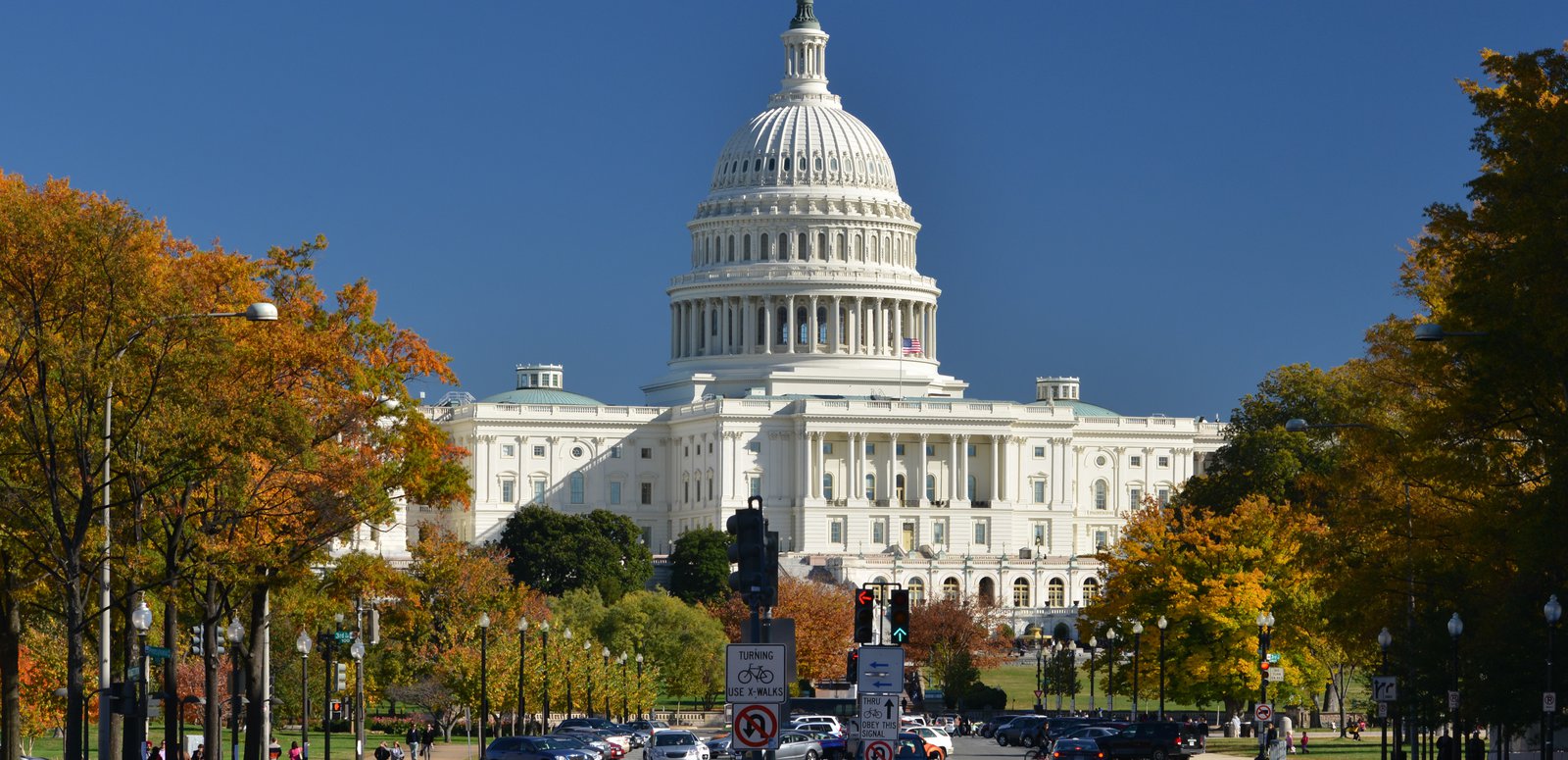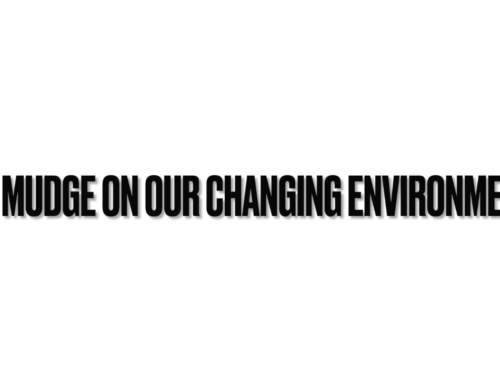An Analysis of Long-term Anticipatory Thinking in the Federal Government
By J. Peter Scoblic
U.S. public policy has often been myopic, sacrificing long-term needs to short-term interests. This short-termism not only reduces economic performance, threatens the environment, and undermines national security—to name but a few consequences—it also leaves the United States vulnerable to surprise and limits its ability to manage crises, such as the COVID-19 pandemic….
The question, then, is: How can American policymakers adequately value the long term given the inherent uncertainty of the future and the resulting pressure to focus on the short term?
This report explores one potential answer: the practice of strategic foresight, defined as the rigorous examination of imagined alternative futures to better sense, shape, and adapt to the emerging future.
Dr. Peter Scoblic takes on the US government, it’s short-sighted public policy, and it’s need for foresight in his latest report. Shout out to USCG, our long-term partners in foresight crime – they’ve sent many, many attendees to our Professional Certificate in Foresight seminar over the years. And Dr. Scoblic is attending our upcoming Jan virtual seminar!
Key Observations from the report:
- The root cause of short-termism in the U.S. government is often misdiagnosed.
- Through repeated scenario planning exercises, the U.S. Coast Guard provided its leaders with a structure for how to think about the future that has increased how much they think about the future.
- The Coast Guard’s scenario planning impacted not only long-term thinking but also short-term action.
- Strategic foresight efforts can yield dividends disproportionate to the resources invested.
- U.S. government agencies, particularly those in the foreign policy establishment, produce a lot of “strategy,” but that strategy is rarely informed by strategic foresight.
- There is a surge in strategic foresight efforts across the U.S. government.
- (And my favorite) The president should establish an office to lead strategic foresight efforts at the national level.





